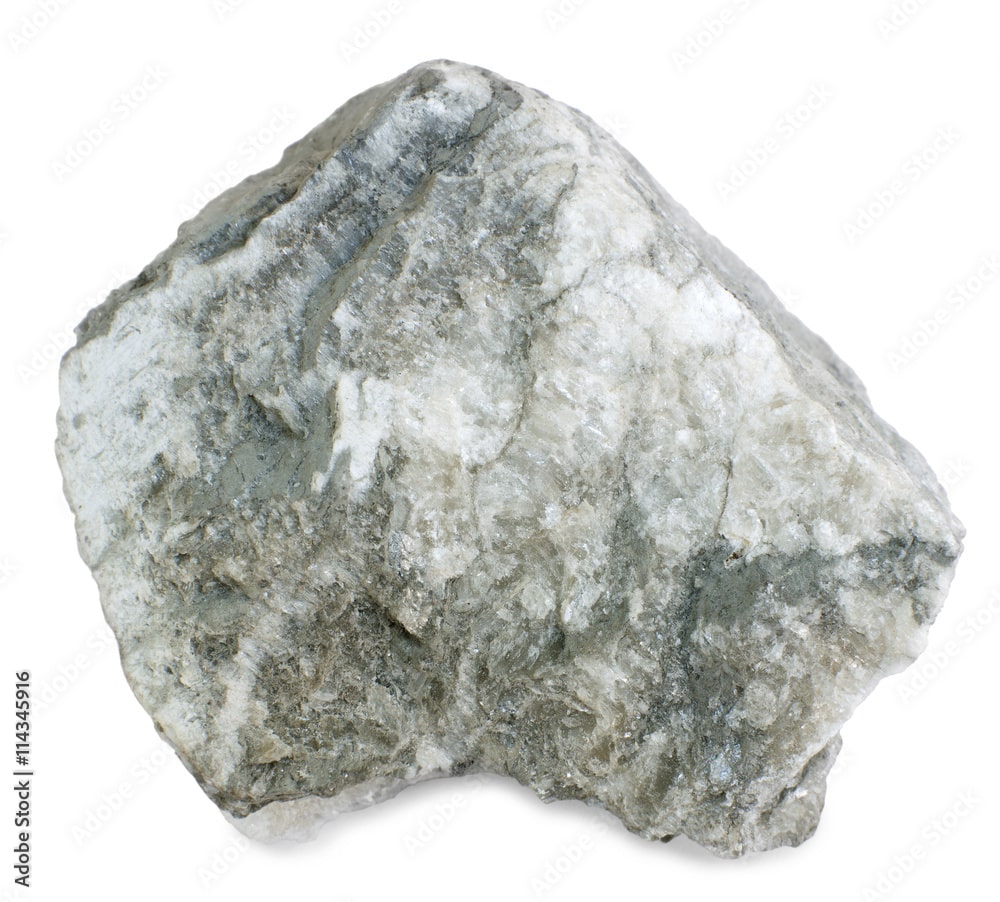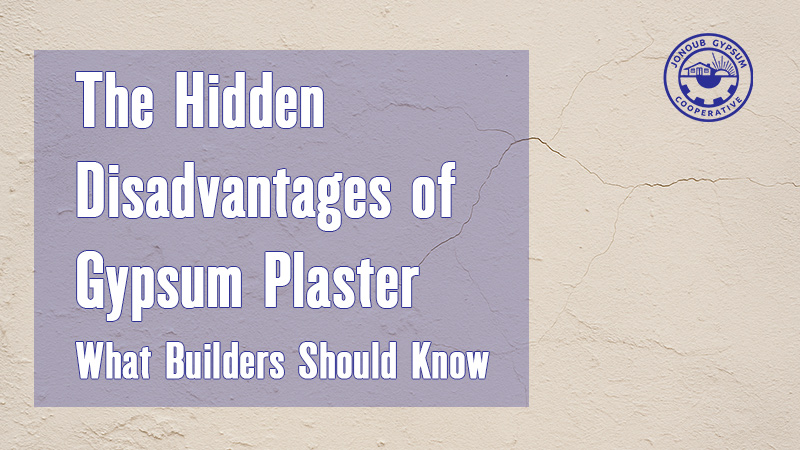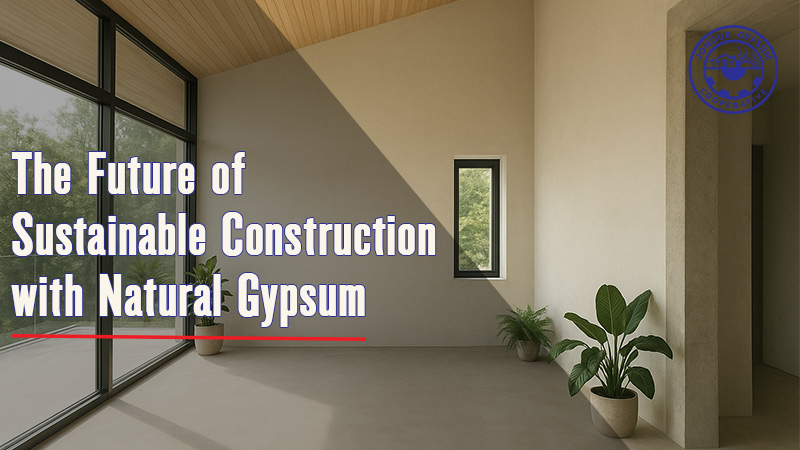
Application of Gypsum in Cement Production
The addition of gypsum to the cement changes the properties of its mortar in a way that is quite appropriate for building construction. Therefore, the use of gypsum in this production can be considered one of the most important applications of industrial gypsum. The properties of the cement mortar in which gypsum is used are completely different from neat one.
For this reason, gypsum is one of the most widely used minerals obtained from raw gypsum. Due to its unique properties, gypsum is used alone or with other materials in many other cases, which we will introduce you to more applications. The raw gypsum extracted from the mine has two main minerals of calcium sulfate, which are called anhydrite and gypsum.
Application of Gypsum to Increase the Setting Time of Cement
Although gypsum has many applications in various fields, it is most widely used in the cement industry. In this industry, gypsum is used to increase the setting time of cement. The gypsum particles that are combined with cement are very small. These particles create a kind of coating on cement grains, which prevents the rapid growth of its crystals and as a result of this, more time is needed for cement to set.
Application of Gypsum in Making Changes in Cement Structure
It is interesting to know that in this industry, calcium sulfate in the form of dihydrate as well as anhydrite is consumed in large quantities as a retarder in Portland cement and blast furnace cement. The amount of calcium sulfate used in cement is precisely determined, which is equivalent to 3% SO3 in Portland cement and 4% SO3 in blast furnace one.
In addition, Calcium sulfate is added to cement clinker in sizes of 5 to 50 mm during grinding and powdering. In most countries such as Japan, which are facing a shortage of gypsum, chemical gypsum and chemical anhydrite are added to cement as an important additive. On the other hand, in countries like Iran, where many gypsum mines are available, the method of adding gypsum is used to increase the setting time of cement.
The amount of use of calcium sulfate in various industries, including cement industry, is about 40% of the total gypsum production. Common salt is among the impurities in gypsum salt, whose presence is effective in cement and gives it an anti-freeze effect. It should be taken into consideration that common salt is drawn to the surfaces under the effect of capillary force, which causes impurities in the cement composition (in other words, it reduces the quality of the cement). Hence, to avoid these problems, sodium chloride (NaCl) is replaced with calcium chloride (CaCl2).
Application of Gypsum in Creating High-Quality Concrete
One of the most important materials for various constructions is concrete compounds made from cement, stone materials, and water. These types of compounds usually have specific mechanical and physical properties. However, there are also some disadvantages to this type of compound, among which the following can be mentioned:
- Low resistance to cavitation phenomena as well as glacial
- Long setting time
- Low abrasion resistance
- Corrosion caused by the penetration of chlorine ions
- Very low resistance to chemicals
- High impermeability
- Low fracture strain
Due to the outflow of water formed as a result of the hydration reaction concrete has a void structure. This structure results in the permeability of concrete against water, gas, and chlorine ions, which causes problems such as rebar corrosion, cracks, and concrete disintegration in general. However, these problems will be solved only by adding a certain amount of gypsum to concrete compounds.
On the other hand, paying attention to continuous improvement and achieving superior quality is an inseparable part of every industry. Meanwhile, concrete made of cement and improving its properties by adding gypsum is not only one of the most important and at the same time the most power-consuming construction materials, but almost no construction project is completed without it. In addition, Gypsum is used in this production to achieve strong adhesiveness so that the mortar adheres perfectly to the intended surface and has more strength than before.







